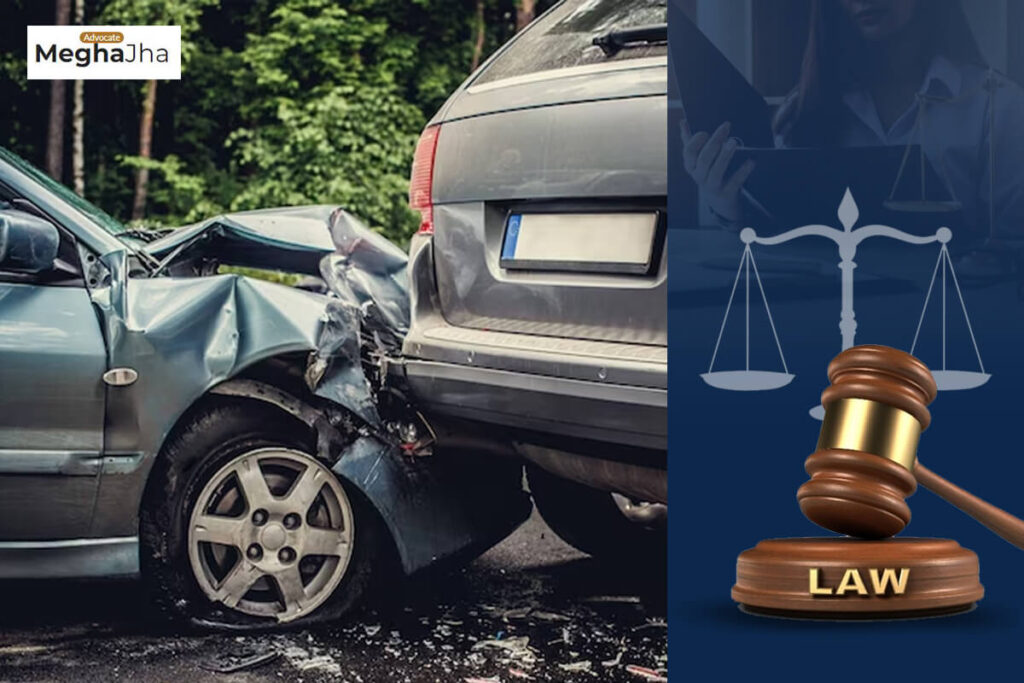
A lawyer specializing in car accidents assists victims in filing personal injury claims and pursuing damages from negligent drivers. Car accidents can leave victims with severe injuries that may take years to heal or never fully heal at all.
A car accident lawyer can assist you in constructing your case and promptly filing for compensation if you were injured in an accident but were not at fault.
If you have met an accident and were not in fault, you can opt for the best motor accident Lawyer in Delhi to guide you through the legal process, advocate for your rights, and pursue rightful compensation for the damages you have incurred.
What a Vehicle Accident Lawyer Can Do for Your Situation?
The best road accident lawyer in Delhi primary objective is to obtain your money to pay for your costs, such as:
- Medical expenses
- Auto maintenance or replacement
- Lost money
- Permanent disability
- Pain and suffering
- Lack of consortium
Lawyers specializing in tort law related to automobile accidents are personal injury lawyers. They may assist you in seeking the maximum amount of money that is feasible in a variety of ways.
Primary Responsibilities of a Car Accident Lawyer
Legal Consultation:
Provide legal advice to clients regarding their rights and potential claims. Assess the merits of a case by reviewing evidence, police reports, medical records, and other relevant documents.
Investigation:
Conduct a thorough investigation into the circumstances surrounding the car accident. Gather evidence such as witness statements, photos of the accident scene, and any available surveillance footage.
Insurance Claims:
Assist clients in filing insurance claims and communicating with insurance companies. Negotiate with insurance adjusters to ensure fair and timely settlements for property damage and personal injury claims.
Medical Documentation:
Work with medical professionals to obtain and review medical records. Evaluate the extent of injuries sustained by the client and use this information to determine the appropriate compensation.
Negotiation and Settlement:
Negotiate settlements with the at-fault party’s insurance company to obtain the maximum compensation for the client. Advise clients on accepting a settlement offer or pursuing further legal action.


